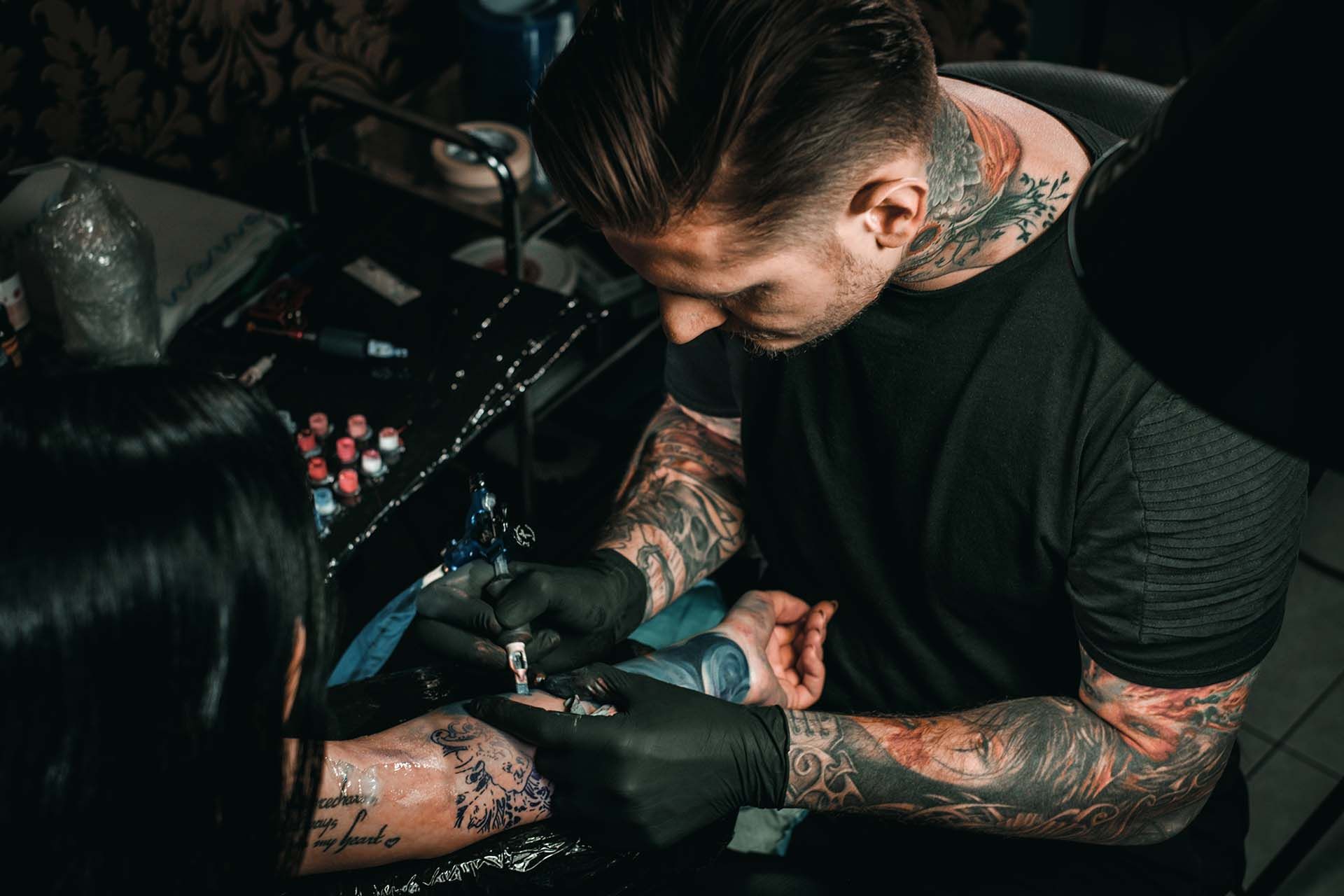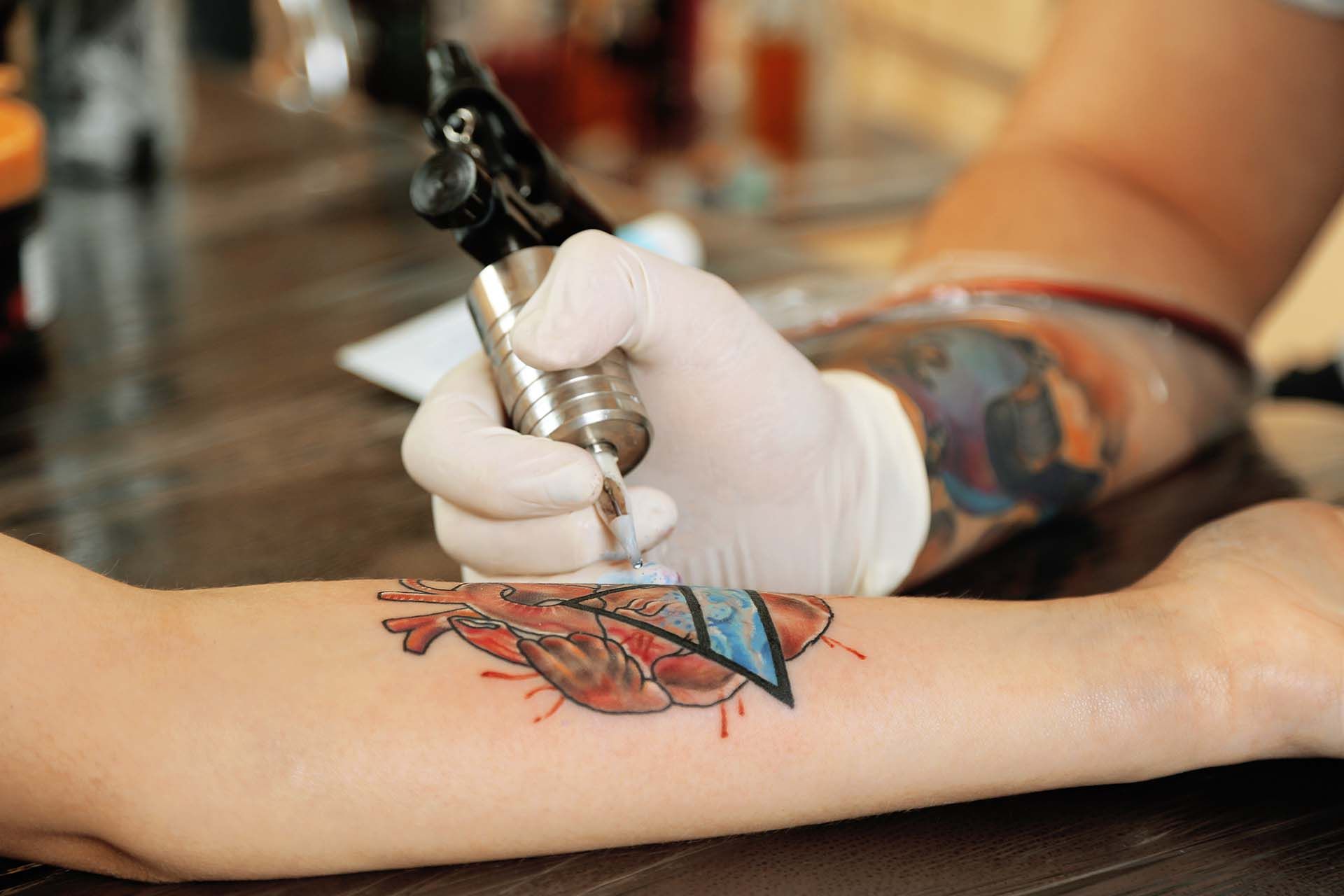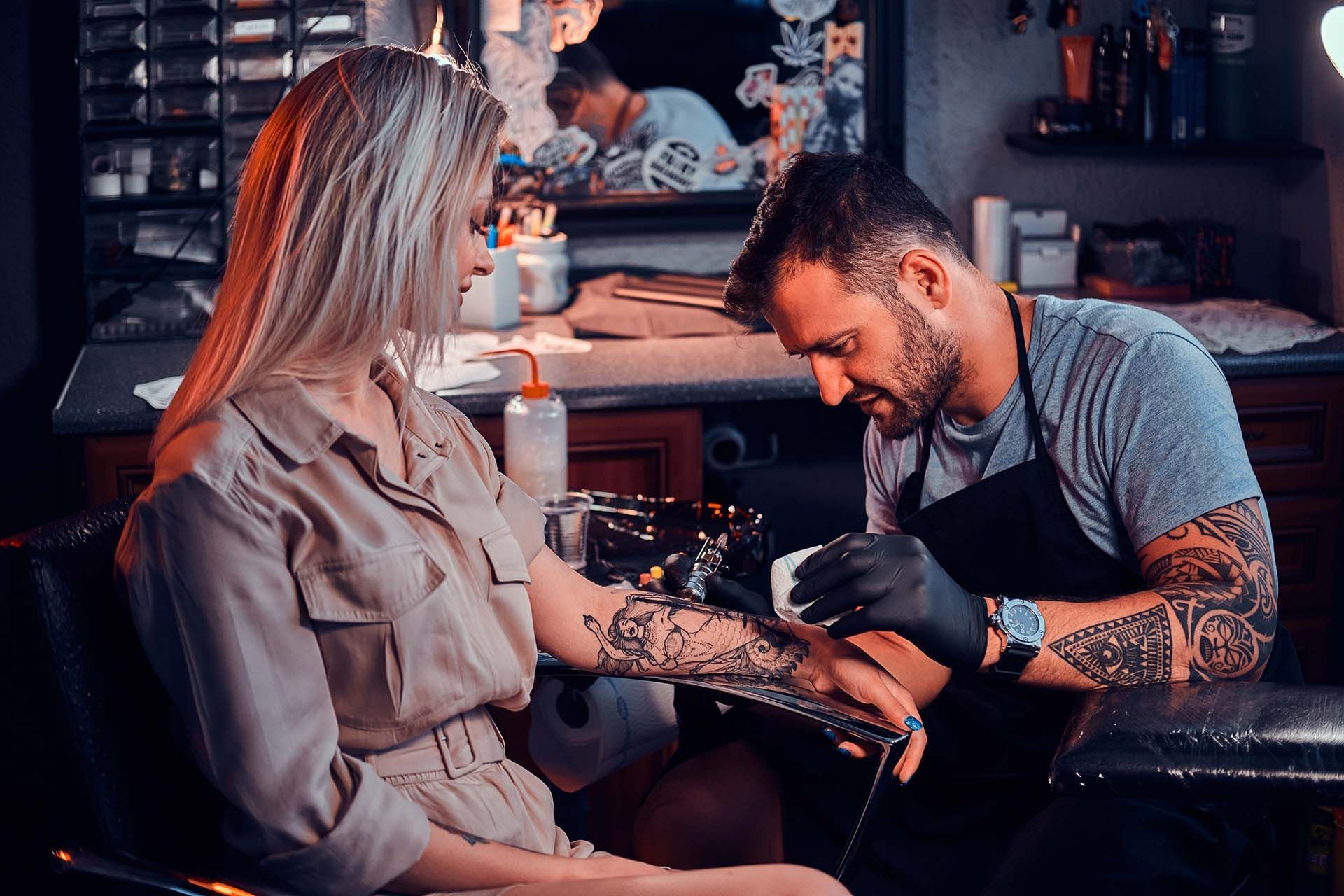The Ultimate Guide to Opening Your Own Tattoo Studio
Opening your own tattoo studio is a dream for many tattoo artists, but the process can seem overwhelming. From initial planning and choosing the right location to securing permits and designing your space, there are many steps involved. This guide provides a comprehensive overview of what you need to do to turn your vision into a reality.
1. Initial Planning: Building Your Business Foundation
Before you start looking for a space or setting up your studio, it’s essential to have a clear business plan. This plan will serve as your roadmap and will help guide your decisions as you move forward. Key elements of your plan should include:
- Mission Statement: Define the purpose of your tattoo studio. What will set your business apart from others? What values will your studio embody?
- Target Market: Who do you want to attract? Is there a particular tattoo style you specialize in, or are you aiming to provide a wide range of options?
- Financial Projections: Estimate your initial startup costs, expected revenue, and expenses. Include costs for rent, utilities, equipment, licensing, and marketing.
- Services Offered: Will your studio focus solely on tattoos, or will you offer other services like piercings or art sales?
Having a solid business plan will make it easier to stay focused on your goals and get any necessary funding if you choose to apply for loans.
2. Finding the Right Location
Where you open your tattoo studio can have a huge impact on its success. You want to find a location that matches your target market while meeting legal and zoning requirements. Factors to consider include:
- Foot Traffic: A visible, high-traffic area can bring in walk-in clients and help with word-of-mouth advertising.
- Zoning Laws: Some areas have strict zoning laws regarding tattoo parlors, so make sure the location is approved for this type of business.
- Competition: Research other tattoo studios in the area. Is there a saturated market, or is there room for another high-quality studio?
Be sure to choose a space that allows you to create an inviting, comfortable, and clean environment for your clients. Ample space for client consultations, a waiting area, and multiple tattoo stations is essential.
3. Getting Licensed and Legal
Tattoo studios are heavily regulated by local health departments, so it’s crucial to obtain all the necessary licenses and permits before opening. Requirements will vary depending on where you are located, but here are some typical steps:
- Business License: You'll need to register your business and obtain a local business license.
- Tattoo Artist License: Each tattoo artist in your studio must have a license, which usually involves specific training and exams. California Body Art Licensing
- Health Department Permit: Your studio will need to pass inspections and meet hygiene standards set by your local health department.
- Bloodborne Pathogen Certification: All staff must complete training on bloodborne pathogens and safety practices to protect themselves and clients.
Working with a local attorney or business consultant can help you navigate these legal requirements and avoid any costly mistakes.
4. Studio Design: Creating a Welcoming Environment
Your studio’s design plays a major role in setting the tone for your clients and creating a lasting first impression. Consider these key elements when designing your space:
- Cleanliness: This is non-negotiable. Your studio must adhere to strict health standards. Design your layout in a way that makes cleaning and sanitation easy, with dedicated spaces for tattooing, cleaning, and consultations.
- Comfort: Make sure your studio is inviting for clients. Comfortable seating in the waiting area and during tattoo sessions will improve their experience.
- Aesthetics: Your studio should reflect your brand and style. Whether you're aiming for a sleek, modern look or a more traditional and artistic vibe, your decor should communicate your studio's personality.
Investing in high-quality equipment and a comfortable space will help build trust with clients and create an environment that encourages repeat visits.
5. Streamlining Operations with Technology
Technology can streamline your studio’s operations and enhance the client experience. Here are two tools every tattoo studio owner should consider:
- TatSites: Building a professional, easy-to-navigate website is crucial for attracting clients and showing off your portfolio. TatSites offers customizable website templates specifically designed for tattoo studios, allowing you to display your work, share client testimonials, and accept bookings online.
- Serenity: Serenity simplifies the appointment scheduling process by offering a paid calendar booking system that sends reminders to clients. It also facilitates communication through text or email, so you can easily manage no-shows and rebookings without losing time or money.
By integrating these tools into your business, you can focus more on your art and less on administrative tasks.
6. Hiring the Right Team
If you plan to bring other artists into your studio, hiring the right team is crucial to your success. When choosing your artists, consider the following:
- Licensing and Training: Ensure that all artists have the necessary licenses and certifications.
- Portfolio and Style: Hire artists whose styles complement or enhance the overall brand of your studio.
- Commitment to Safety: Every artist must adhere to the strict cleanliness and hygiene standards of your studio.
The team you assemble should share your vision and values for the studio. Regular training sessions and meetings will help maintain consistency and create a strong sense of community within your team.
7. Marketing Your Tattoo Studio
Once your studio is ready to open, the next step is getting the word out. A strong marketing strategy will help you attract clients and grow your business. Consider the following tactics:
- Social Media: Platforms like Instagram and TikTok are perfect for sharing your work, engaging with clients, and building your brand’s online presence.
- TatSites Website: SEO-optimized content and client reviews will help potential clients find your website. Make sure your portfolio is updated with high-quality images of your work.
- Local Networking: Attend local events, sponsor community art shows, and participate in tattoo conventions to build your reputation in the local scene.
Marketing is an ongoing process, but with the right mix of digital and traditional strategies, your studio can quickly gain a loyal following.
Next Steps to Opening Your Tattoo Studio
- Develop Your Business Plan: Start by outlining your vision, target market, and financial goals.
- Choose Your Technology: Look into TatSites for your website and Serenity for your scheduling and client communication needs.
- Secure the Necessary Permits: Get your business license, health permits, and artist certifications in order.
- Begin Marketing: Promote your studio through social media, local events, and your website.
By following these steps, you’ll be well on your way to opening a successful tattoo studio that reflects your unique vision and serves your clients’ needs.
Disclaimer: This publication and the information included in it are not intended to serve as a substitute for consultation with business consultants and professionals. Specific business, financial, legal issues, concerns and conditions always require the advice of appropriate professionals. Any opinions expressed are solely those of the participant and do not represent the views or opinions of this company.










